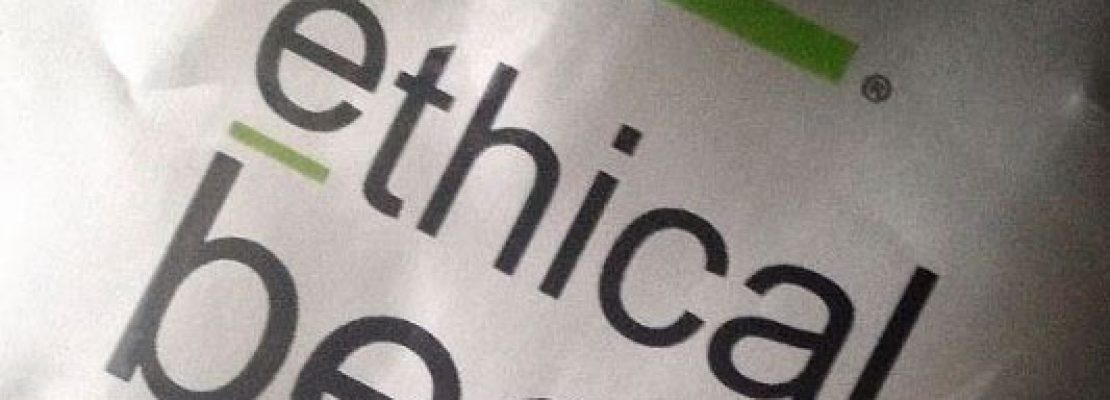
By Rebecca Schönenbach
Rebecca Schoenenbach is a German economist with longstanding project experience and has extensively studied and worked abroad. She is specialized on Moral Economics.
Why I am not a fan of rebranding – a solar powered polemic on ethical versus Islamic finance
Article Overview
The Scottish government is hosting the Global Ethical Finance Forum next week, bringing together for the first time leaders of the Islamic finance industry and those proficient in responsible investment and finance.
The industry is going mad, finally everybody got the knack of Islamic finance – it´s simply ethical!
I understand why leaders of the industry would like to merge Islamic finance into the feel-good fold of ethical finance. The success of everything alternative, somehow ecological, renewable and sustainable is remarkable. Being German, I watched with awe and horror how our Chancellor, who earned a doctorate in physics, curbed to the eco-pressure and declared nuclear power plants an evil to be replaced with unreliable and expensive alternatives. Nobody seemed to mind the costs much (except for the energy dependent manufacturing industry) because from now on, we as Germans belong to the good and righteous people. For that is what all things ethical stand for nowadays – nobody knows exactly what it is but it is surely better than anything conventional. The fuzziness of the ethical industry comes in quite handy for the providers of all things ethical. Customers can project whatever they feel to count as ethical into those products. They buy those inventions with the notion to buy something good, a modern, self-inflicted form of the selling of indulgences. Which explains why consumers accept overpriced products, a good conscience must not be cheap. The spokesman of the board of the most successful ethical bank in Germany names his customers “Lohas”, short for “lifestyle of health and sustainability”. “These people are sophisticated consumers who search for alternatives in various spheres of life. They consciously choose distinctive clothes, value a healthy nutrition and lead modern lives.” Translation: “Sophisticated” stands for affluent, more than 60 % of the customers have university degrees which indicates that they earn well above average. “Alternatives” – everything non-conventional. “Various spheres of life” is the fuzziness mentioned above. “Consciously” – yes, that is the indulgences part. The rest stresses the importance to be visibly a good and righteous person, “distinct” from the masses. So far so good.
Not for Islamic Finance
The thing is: It ain`t working for Islamic finance.
Islamic finance is based on Sharia, not the selling of indulgences. This is why Muslim consumers choose Islamic finance products. And yes, we do have a form over substance debate, debating form and whether it makes sense to just follow the rules of Sharia without knowing the substance. But, as yet, we do not have a debate over substance. Whoever wants to declare Islamic finance to be ethical should avoid the fuzziness of sustainability for no Muslim customer is willing to accept “a lifestyle”. If you want Sharia-compliant finance to be ethical, then let´s hold ourselves true to our word and discuss substance in the industry. What about labour conditions in Islamic finance? Qatar is well determined to finance most of its infrastructure for the World Cup the Islamic way, yet it is not prepared to abolish what has been called modern slavery, the “Kafala”- System, without Western pressure. What about child labour? Let us discuss Bangladesh’s industry. Gender equality – women inheriting half the share of a man. Antisemitism – some deem company shares with Jewish owners unacceptable. The list is long, so let the discussion begin.
If you do not want to discuss ethics, than stop pretending. Admit that you just want to jump on the bandwagon of political success. It sure worked with the Scottish government. It might give Islamic finance its 15 minutes of fame in a hipster world. But say goodbye to your core constituency: Muslims customers.
Reproduced with permission. This article was originally published here.








